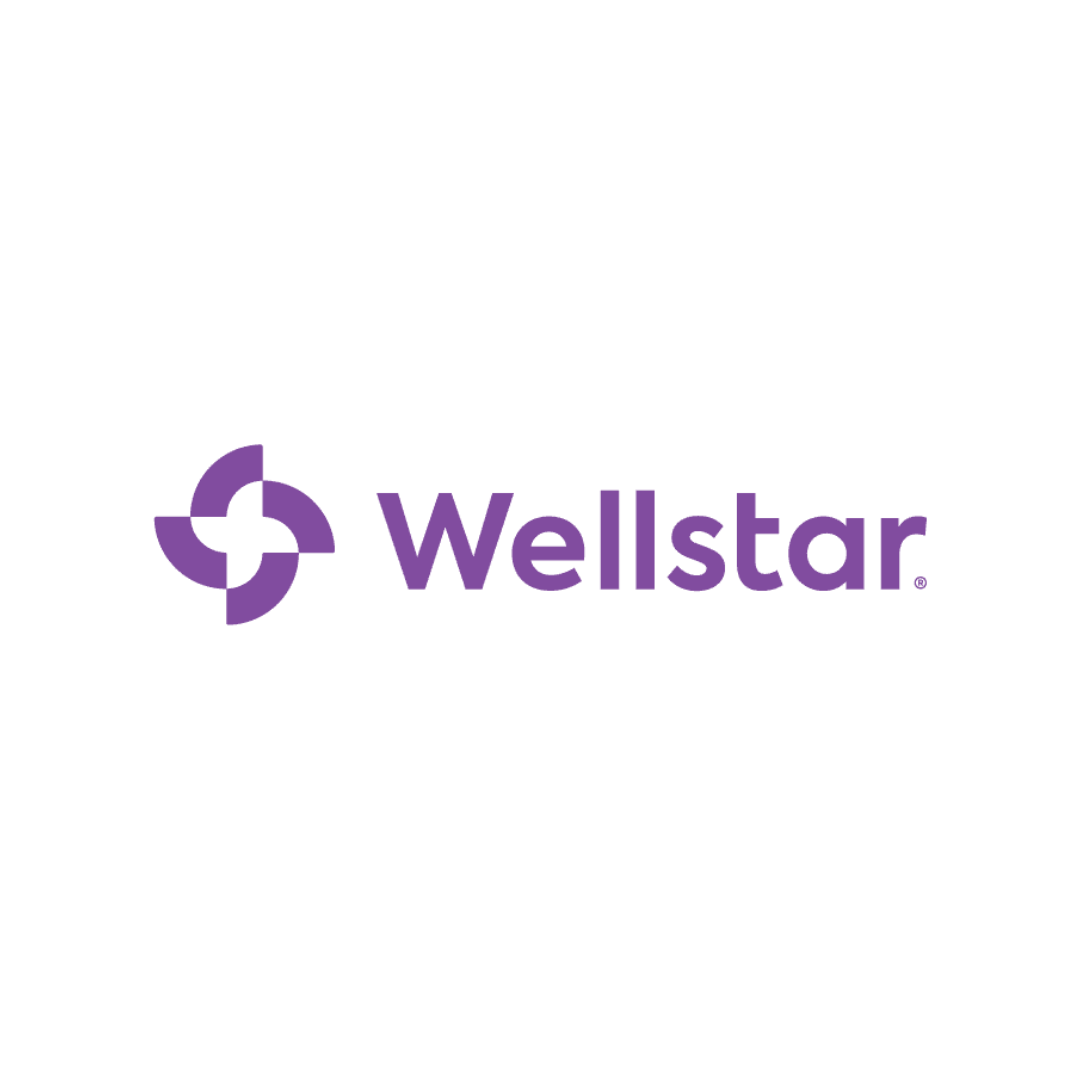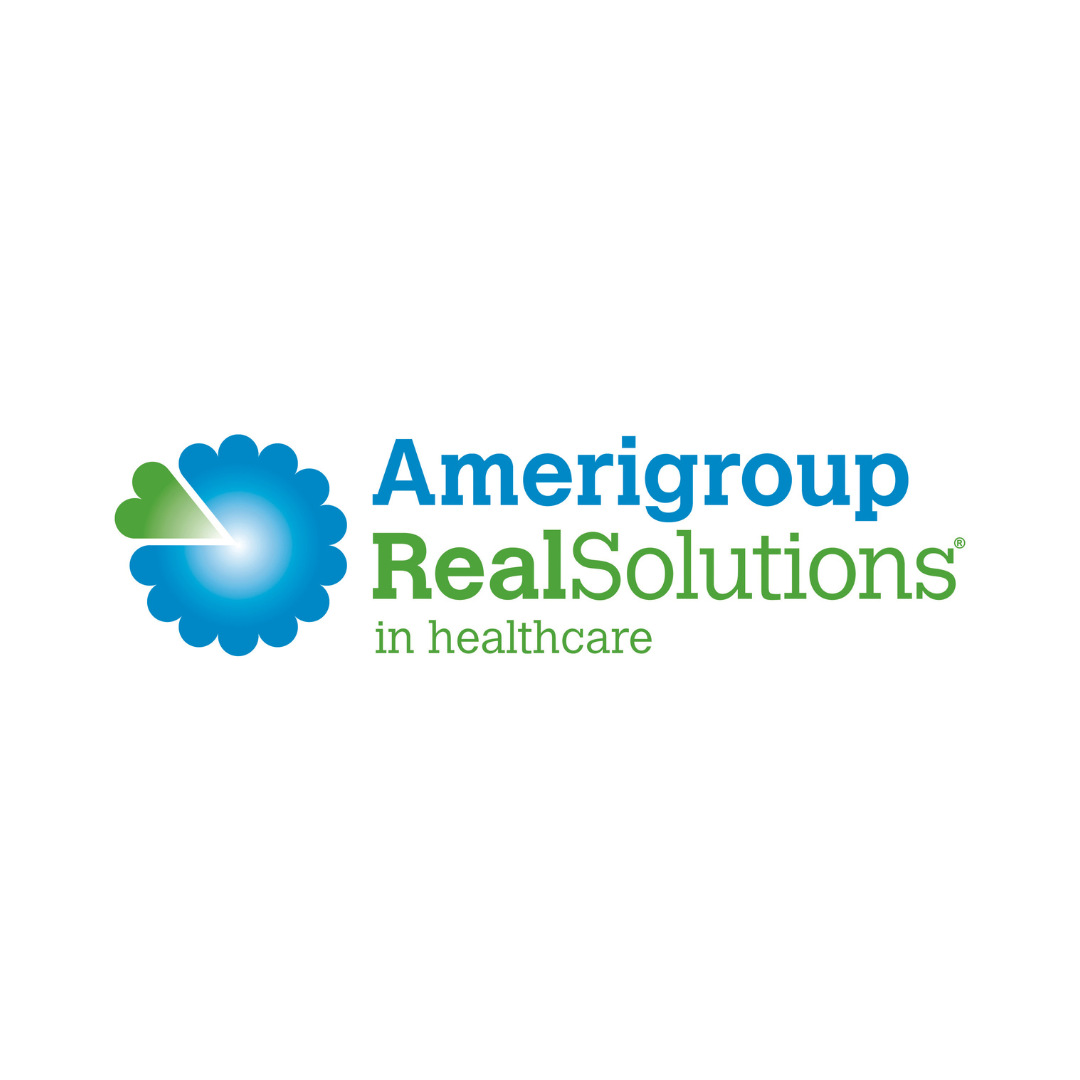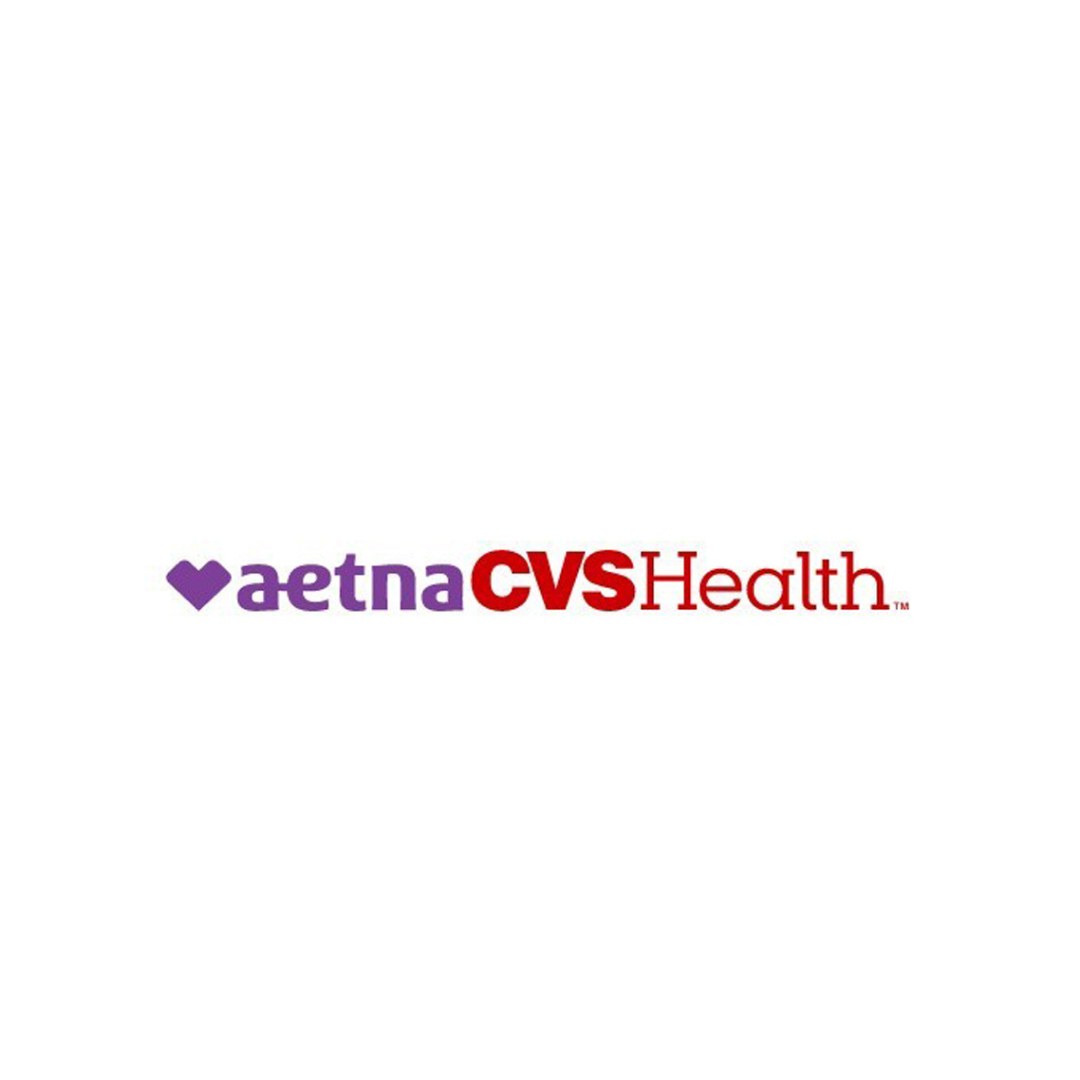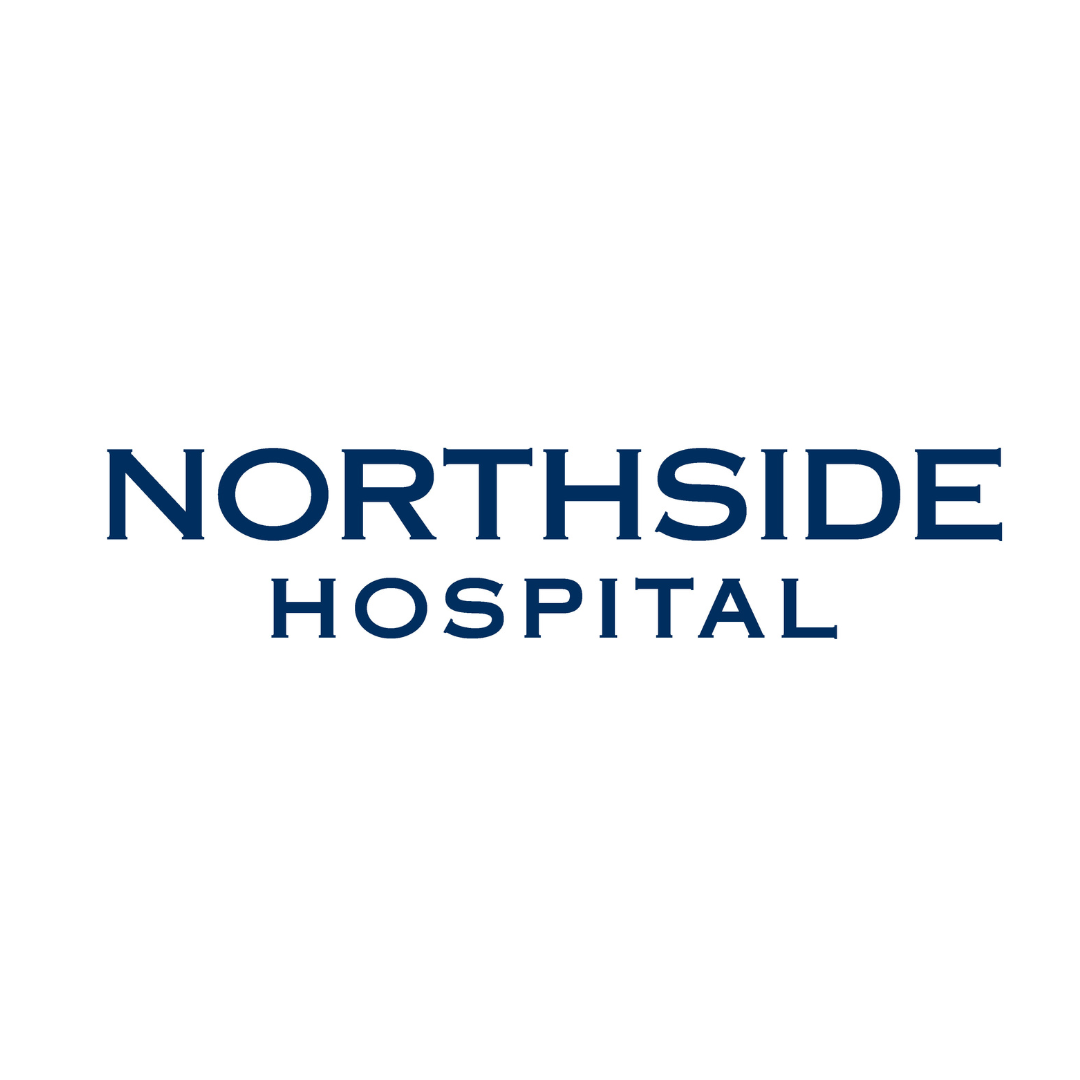Pickles & Ice Cream Georgia
Pickles & Ice Cream Georgia (P&I) is an online platform that provides FREE evidence-informed, maternal, and infant health information and resources to families living in Georgia. P&I also provides providers and educators with a central resource to access toolkits and referral guides that they can use to support families who need Georgia-specific maternal and infant health resources.
We offer the following resources on P&I:
VIRTUAL CLASSES: We provide moms, birthers, and their supporting partners with several perinatal educational classes including Baby Care, Breastfeeding, Financial Literacy, Maternal Mental Health, Maternal Nutrition, Prenatal Education, and Postpartum Education.
PEER SUPPORT GROUPS: In partnership with Postpartum Support International- Georgia Chapter, we host free, virtual peer support groups to provide understanding and compassionate support to pregnant and postpartum moms as they work through emotional and mental difficulties.
BLOGS: Partnering with moms, birthers, supportive partners, and leading maternal and infant health experts, HMHBGA features over 50 blogs on a range of topics. The most popular included COVID-19 & Pregnant, Guide to Being an Engaged Partner, The Post-Birth Warning Signs, and Safe Sleep Like a Baby.
INFORMATIONAL VIDEOS: A host of videos are available to families to build awareness on a host of topics including, “How to Build a Baby Brain,” “Dental Care With Dr. Adam,” “C-section Aftercare,” and much more.
Our programming aims to promote maternal and infant health equity, increasing access to critical information and resources to support birthers and their families from pregnancy throughout the postpartum period. Because no two families are the same, we have a wide array of culturally-relevant and responsive informational resources that are accessible online and/or in person.
What Our Clients Say
We lead with our community in mind and offer continuous opportunities for families we support to offer feedback on our programs, resources, and services. This is done through hosting formal and informal focus groups as well as sending periodic participant satisfaction surveys to help inform our work. We use the feedback from our community to better understand the most pressing issues facing pregnant and postpartum people living in Georgia, obtain feedback on the content and expertise of our facilitators/bloggers, and ensure that we are being sharing content in a way that is really meaningful to those who could benefit. We believe there is always room to do better, yet proudly continue to receive 95% and above in our participant satisfaction rating. Below are just a few testimonials from our program participants:
“The instructor was very fun and engaging. I learned a lot and enjoyed it. I had mentioned to her my experience with my last pregnancy (lost the baby), and she made sure that the information she provided was relatable to me. She also made sure to comfort me as I am going through this pregnancy journey. It was very comforting.” - Prenatal
“It was very informative; I am 7 weeks postpartum, so when I took the class, my baby was already here but it was still very helpful. It made me more comfortable since my child is my first child, so I really appreciated it.” - Baby Care
“Thankful that is what able to be virtual instead of in-person, and in the evening which is convenient.” - Prenatal
“For me, I was worried about breastfeeding because a lot of people say it is hard and painful, but the lady who taught the class put my mind at ease. Especially by letting me know that it isn't supposed to be painful and if it is, it's for a reason. Even the things I thought I knew about breastfeeding; I didn't know.” - Breastfeeding
-
Through our comprehensive prenatal education curriculum, we provide critical information regarding breastfeeding, perinatal HIV prevention, oral health, SIDS prevention, maternal mental health, accessing and locating birth support professionals, family planning, and extant public services including the Text4Baby application, Newborn Screening Program (DPH), and Babies Can’t Wait. Importantly, our instructors must have demonstrated cultural competency in serving women of color and young mothers.
In collaboration with partners, we make these classes available to expectant women who are potentially high-risk, members of vulnerable populations, or face other barriers in accessing critical care and resources during pregnancy. Our comprehensive curriculum covers priority information on evidence-based maternal and infant health improvement measures to address gaps in information received during the prenatal period.
Our curriculum is based on a variety of evidenced-based practices from DPH, CDC, NIH and professional provider organizations, such as ACOG. We are continuously seeking feedback from partners in review of our prenatal educational programs to assure we are implementing the most current best practices. We prioritize adaptation of evidence-based programs that have demonstrated effectiveness in low-income communities and in working with diverse groups to encourage positive behaviors around perinatal health.
Questions? Email precious.andrews@hmhbga.org.
-
A total of 66 classes were facilitated on our Pickles & Ice Cream website. We had six class topics including the newly added Maternal Mental Health 101 class. 1,007 individuals registered for our virtual classes, and we observed an 80% increase in registration and a 15% attendance rate increase since last year. Despite the endemic and the public returning to in-person, a virtual option to access perinatal education is still in demand.
In 2022, we expanded our blog and video content to include maternal mental health topics, including maternal substance abuse, PMADS, and Domestic Violence/IPV.
We reached a total of 17,575 moms and families, an 80% increase from 2021.
Blogs: 3,174 individuals viewed our blogs, which are offered in English and Spanish. “The Pregnancy & Postpartum During COVID-19,” “Postpartum Depression Symptoms” and “Georgia WIC Program Services” were the highest viewed blogs.
Videos: Our most viewed video with 10,484 viewers was on “Postpartum Depression Symptoms.”
Infographics: HMHBGA developed nine infographics to help our audience better understand maternal and infant health concepts through visual aids to explain topics such as: ‘Benefits of Pumping’, ‘What is Preeclampsia?’ and ‘What is RSV?.’
-
In 2019, HMHBGA released our report, An Evaluation of Current Prenatal Education Availability and Receptivity to Online Education in the State of Georgia. The report included an extensive review of prenatal education curriculums and referral practices across the State and found that found that 94% of the 202 obstetric providers surveyed said they would be likely or very likely to refer patients to on online, mobile-friendly prenatal education platform.
The report also highlighted that many priority topics such as pregnancy Medicaid, postpartum insurance, Georgia’s Planning for Healthy Babies Medicaid Waiver Program, WIC, HIV/STI transmission, and oral healthcare during pregnancy were largely missing from prenatal education curriculums across Georgia.
Prenatal education has the ability to educate women on vital signs and symptoms, can encourage them to seek medical attention, and can increase their likelihood of following medical advice. This is especially important for Georgia families as our state continues to rank poorly for maternal and infant health outcomes (Georgia ranks 4th highest in low birthweight, 5th in prematurity, 6th in infant mortality, and worst in maternal mortality).
According to the Listening to Mothers III: Pregnancy and Birth (2013) report, 55% of mothers find childbirth education classes to be trustworthy; 20% find them to be completely trustworthy, and 35% find them to be very trustworthy. Thus, childbirth education classes are the second most trusted source of pregnancy and childbirth information, after maternity care providers.
-
The Perinatal Education working Group meets on an ad-hoc basis to increase quality prenatal education content and access throughout the state of Georgia. They also serve as an advisory committee to HMHBGA’s own initiatives including:
• Pickles & Ice Cream Georgia®
• Curriculum Improvement
• Prenatal Education Toolkits
To join, please email madison.scott@hmhbga.org. Want to learn about our other cross-sector working groups? Click here.
The HMHBGA Perinatal Education Program is supported by:




